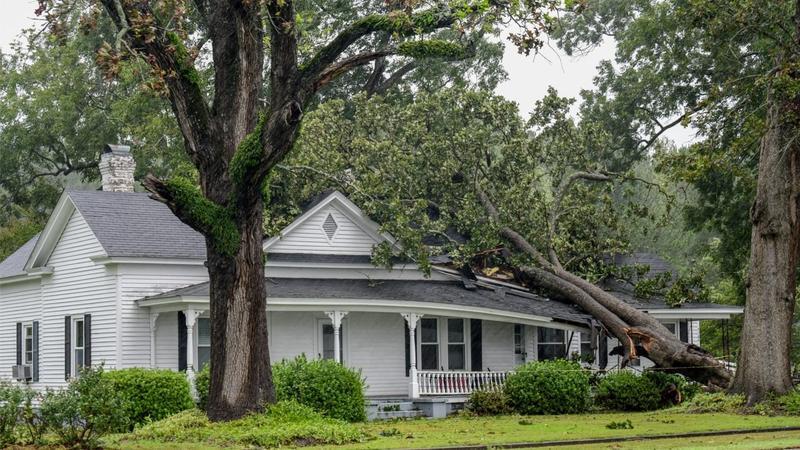It’s a gut-wrenching feeling, to return to a kicked in door, possessions littered about your home or a branch, ripped down by ice and poking through the roof into your living room. But accidents, random acts of chaos and theft happen – that is, after all, why house insurance exists.
There are a variety of different policies to cover your home and property, so shopping around in the first place is a smart idea.
But what happens post-disaster? The reality is, sometimes filing a claim isn’t in your best interest.
Like any insurance, making a claim can have a negative impact on your insurance and boost the premiums you pay.
If you find yourself in a situation where the possibility of making a claim is on the table, there are several factors to consider.
Appraise the Situation
First things first, you need to deal with the situation at hand. Take a deep breath and a moment to calm down.
Do a quick visual assessment of the damage. If there’s anything that could make the situation worse or impede your safety (like the power is still on in a flooded area in your house), take the necessary steps to prevent further damage and protect yourself from harm.
If it’s a situation that needs to be reported to the police like a break and enter, call 9-1-1 as soon as possible.
Document Everything
Take videos and photos using your phone or a digital camera to document the damage or loss. This is highly important and will eventually serve as evidence in the event you make a claim.Establish an inventory of everything damaged, lost or stolen and anything you can remember about these items.
Having detailed notes is key. Carefully review your policy to see what is covered and what may not be covered. For instance many policies differentiate between flood and water damage. There are also different levels of coverage – from basic to comprehensive.Some damage like that from termites, corroded pipes or even worse, random chaos like nuclear meltdowns or acts of war, are usually not covered under policies. Remember, evidence and semantics are important when it comes to a claim.
Cost of Making a Claim
A major factor to consider is cost. Based on your appraisal, estimate how much it will cost to repair or replace anything damaged or stolen. You should weigh the cost of your deductible against what you’ve lost. If the damage or loss is minimal – under $1000 – you might want to skip making the claim. Most deductibles are set around $500, meaning your return will likely be less than what you’d pay out.
If the damage is extensive, beyond $10,000 or more you might want to claim. Provided the damage was accidental and you haven’t made a claim within the last five years, it should not affect your renewal. If you have the cash to cover the cost out of pocket, you still might want to chat with your insurance provider first and get their take on whether or not it’s worth it.
Repeat Claimer
The next point to consider is if you’ve filed a claim before. Insurers are usually not fans of serial claim makers. If you’ve made it a habit to file claims – several in a five-year span – you’re apt to be labeled a risk and insurance companies like to avoid risk when possible. Repeat claimants, no matter how small the claims are, run a risk of getting stonewalled when it comes to renewing or if you are renewed, your reward might be sky-high premiums.
Consider the Outcome of the Claim
If your case doesn’t seem rock solid and rooted in evidence, you may be denied your claim. As if the denial isn’t enough, rejected claims go on record meaning it could still count against you in the long run.
Ultimately, house insurance in most cases is an optional part of home ownership but it is there to protect you in the case of major catastrophe to your home. If the damage is minimal and you can afford to repair it out of pocket, avoid making the claim. Repeat claims could jeopardize your shot at being covered and worse than that, leave you stranded without home insurance in the event of a life altering event
